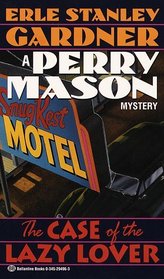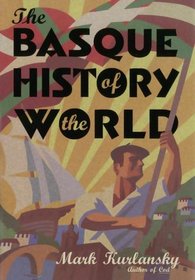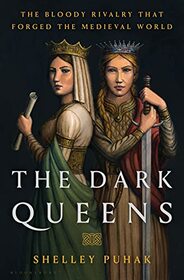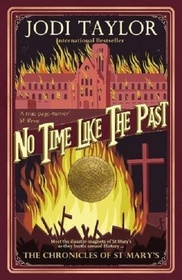The Case of the Lazy Lover by Erle Stanley Gardner
Review by Matt B. (BuffaloSavage)
– Give up Mrs. Allred as a client. Let some other attorney take this case into his own hands.
– Why?
– Because you have no chance of winning.
In this 1947 mystery, super lawyer Perry Mason receives two $2,500 checks from a woman he’s never heard of before, Lola Faxon Allred. Plus, the checks, worth about $30K in 2023 money, are drawn on two different banks. Perry and his office manager Della Street then find out one of the checks is forged. Veteran readers of Gardner know that when there are two of anything – skirts, ice picks, illicit lovers – the Needle on the Complicated Plot Meter could spin right off the dial.
Bertrand C. Allred, a slick mining mogul who’s also Lola’s hubby, soon arrives at Mason’s office. He tells the tale that his wife Lola – supposedly, in her late thirties, at a “dangerous age” – ran away with a much younger lover, Robert G. Fleetwood. Not only that – Fleetwood was Allred’s right hand man and courted the daughter from Lola’s first marriage. Allred is not afraid of a cross-generational romance or scandal, because he’s ready to divorce his wife.
But Fleetwood remains problematic. Knowing all the skeletons in all the closets, only Fleetwood can provide blockbuster testimony against Allred’s company in a lawsuit. Allred says he needs to get in touch with the boyfriend-star witness Fleetwood, and pronto.
It soon turns out that the alleged lazy lover Fleetwood is not lazy at all, but is acting unmotivated and lethargic and blurry because he suffered amnesia as a result of car crash. Why was Allred lying? He can’t explain himself or his falsehoods, because he died in a car accident – or maybe on account of blows to the head, perhaps from a jack-handle wielded by his wife Lola?
The “lazy lover case” is perhaps one of the most difficult cases in the career of our favorite lawyer. Not only is Perry Mason’s client Lola lying – which is customary – but probably everyone associated with these events is lying as well. With the best intentions, though accidentally, trouble is also deepened by Mason himself. His nemesis Lt. Tragg can’t let a chance to gloat pass him by: “This is the first time not only Perry Mason’s client has a noose around her neck, but the great Perry Mason himself put it on her.”
The plot may seem a couple miles beyond confusing. There’s no courtroom climax. But it’s still good old Gardner – interesting twists, outstanding interrogation scenes, the reality of post-war America, typical of noir-light crime fiction, with a bit of humor and a surprising ending.
For fans of the series – a must-read.








